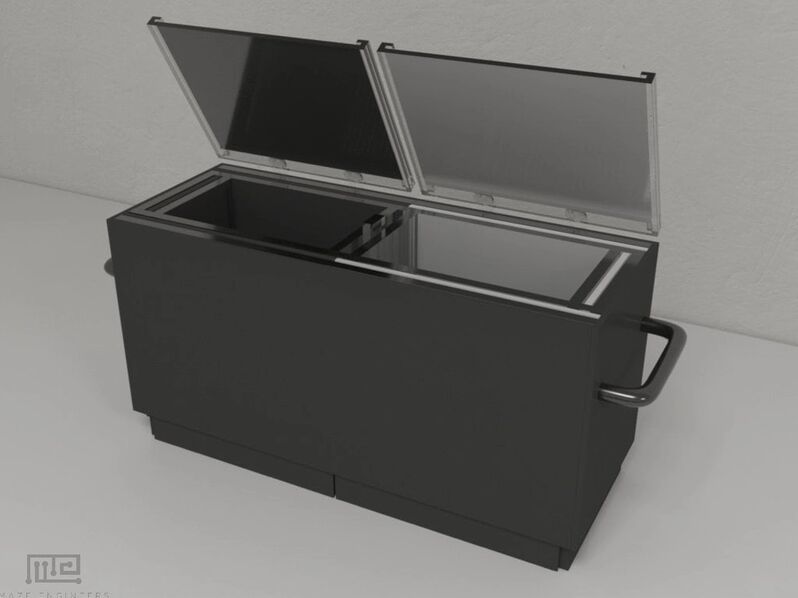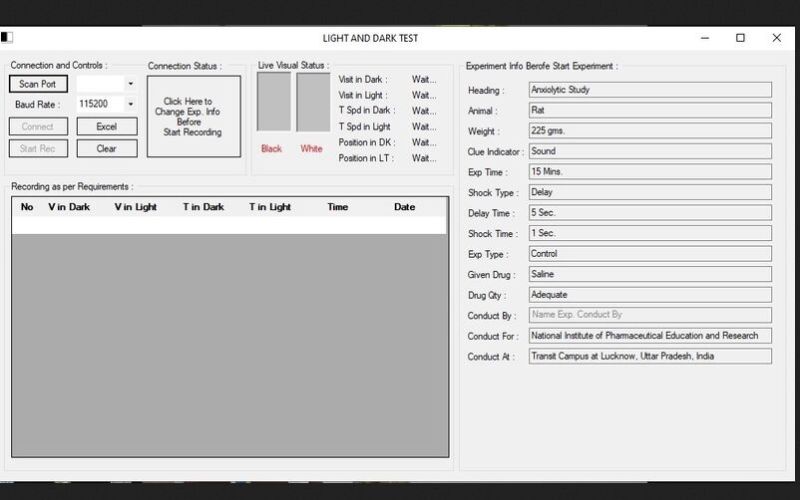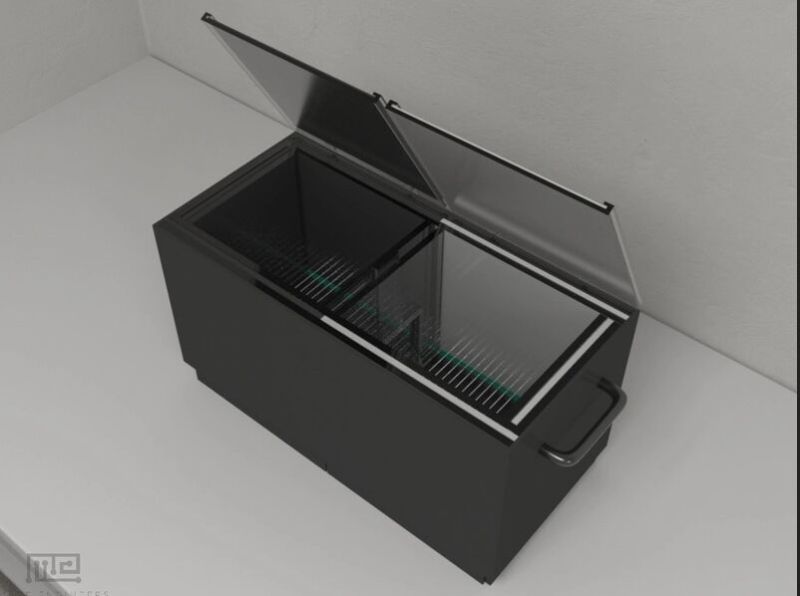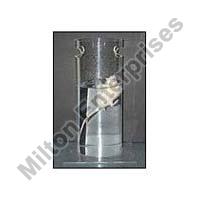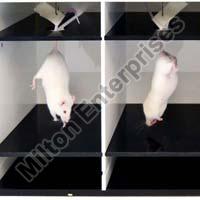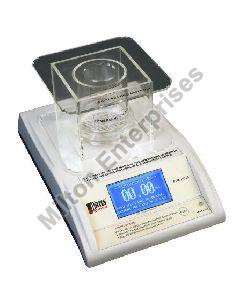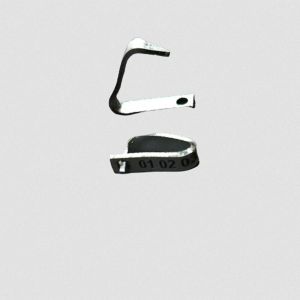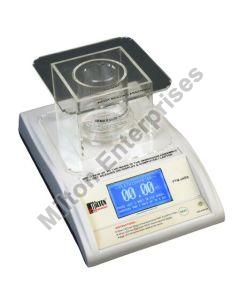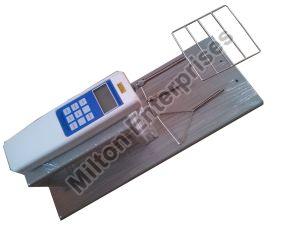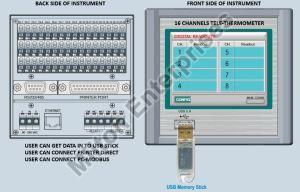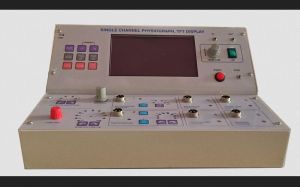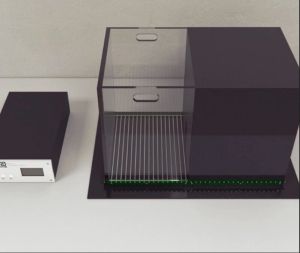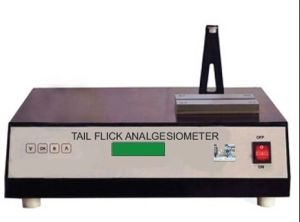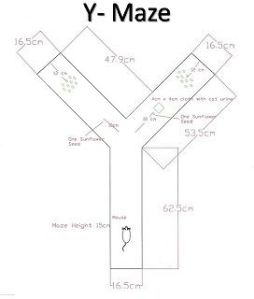login2le@gmail.com View Mobile Number
- Send SMS Send Email
| Business Type | Manufacturer, Exporter |
| Brand Name | MILTON |
| Driven Type | Electricity, Electronics Laboratory Instruments |
| Color | Black, Grey, White, Light White |
| Click to view more | |
Product Details
The shuttle box, also known as the shuttle avoidance box or active avoidance box, is an apparatus used in behavioral research with rats and mice to study learning, memory, anxiety, and the effects of various pharmacological agents. Here are the primary uses and applications of the shuttle box in pharmaceutical research: Learning and Memory Studies: Active Avoidance Learning: In the shuttle box, rodents learn to avoid an aversive stimulus, such as a mild electric shock, by moving from one compartment to another when a conditioned stimulus (e.g., a light or sound) is presented. The number of successful avoidances and the latency to avoid the shock are measured to assess the animal's learning and memory capabilities. Passive Avoidance Learning: In a variation of the test, the animal learns to avoid entering a compartment where it previously received a shock. This helps in studying memory retention and the effects of drugs on memory consolidation and retrieval. Testing Cognitive Enhancers and Impairments: The shuttle box is used to evaluate the effects of cognitive enhancers, such as nootropic drugs, on learning and memory. Improvements in avoidance behavior suggest enhanced cognitive function. Conversely, it is also used to study cognitive impairments induced by various factors such as aging, neurodegenerative diseases, or drug treatments, providing insights into mechanisms of cognitive decline and potential therapeutic interventions. Anxiety and Stress Research: The shuttle box can be used to assess anxiety and stress responses. The latency to move between compartments and the overall activity can indicate the animal's anxiety levels. Pharmacological agents that reduce anxiety typically decrease the latency and increase exploratory behavior. Pharmacological Testing: Researchers use the shuttle box to test the effects of various pharmacological agents, including anxiolytics, antidepressants, antipsychotics, and cognitive enhancers. By observing changes in avoidance behavior, researchers can infer the efficacy and potential side effects of these drugs. Dose-response studies can be conducted to determine the optimal dosage and efficacy of drugs. Mechanistic Studies: The shuttle box helps in investigating the neurobiological mechanisms underlying learning, memory, anxiety, and stress. By using specific pharmacological agents or genetic manipulations, researchers can study the role of different neurotransmitter systems (e.g., dopamine, serotonin, glutamate) and brain regions in these processes. Behavioral Phenotyping: It is used for behavioral phenotyping of genetically modified rodents. By comparing the performance of wild-type and genetically altered animals in the shuttle box, researchers can identify genes that play a critical role in cognitive and emotional behaviors. Validation of Animal Models: The shuttle box is employed to validate animal models of psychiatric and neurological disorders. Demonstrating that certain genetic or environmental manipulations result in altered avoidance behavior helps establish these models for studying human diseases and testing potential treatments.
Looking for "Light & Dark Test Apparatus - Shuttle Box" ?
Explore More Products


